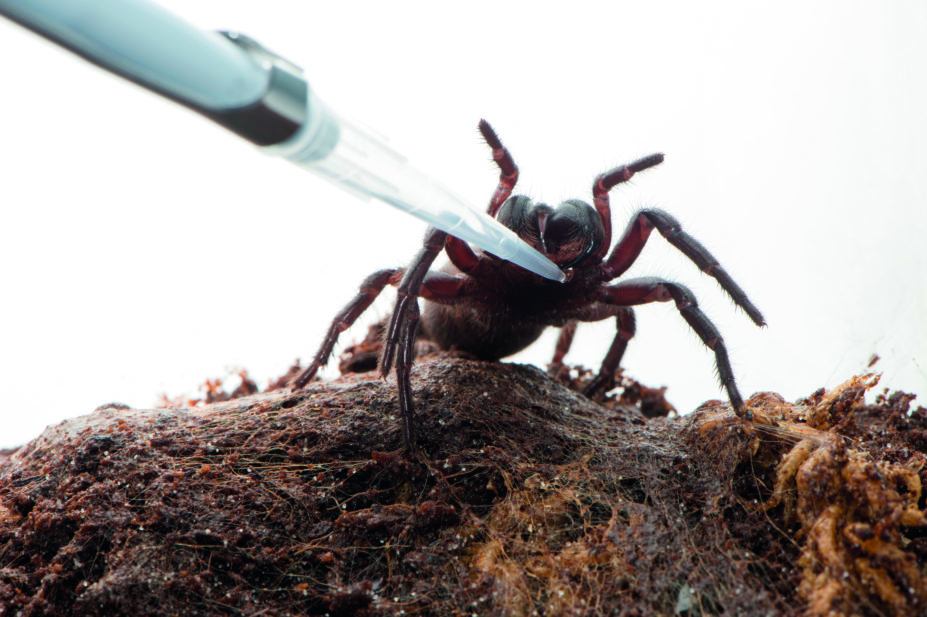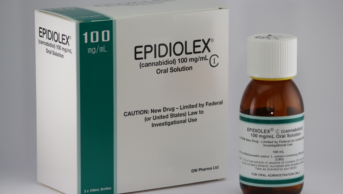
Louise Murray / Science Photo Library
Stroke is the second leading cause of death worldwide, but there are no drugs currently available to protect the brain from stroke-induced neuronal injury.
However, researchers in Australia have demonstrated that Hi1a, a disulphide-rich peptide found in the venom of the funnel-web spider, can completely block the acid-sensing ion channel (ASIC1a) — a key mediator of acidosis-induced neuronal damage following ischaemic stroke.
In Proceedings of the National Academy of Sciences
[1]
(online, 20 March 2017), the researchers report that a single small dose of Hi1a injected into the ventricular system of rat brains up to eight hours after stroke induction markedly reduced infarct size and consequently improved neurological and motor function.
As such, the authors say their results show that Hi1a is highly neuroprotective and a promising lead for the future development of therapies to protect the brain from ischaemic injury.
References
[1] Chassagnon IR, McCarthy CA, Chin YK-Y et al. Potent neuroprotection after stroke afforded by a double-knot spider-venom peptide that inhibits acid-sensing ion channel 1a. Proc Natl Acad Sci 2017. doi: 10.1073/pnas.1614728114


